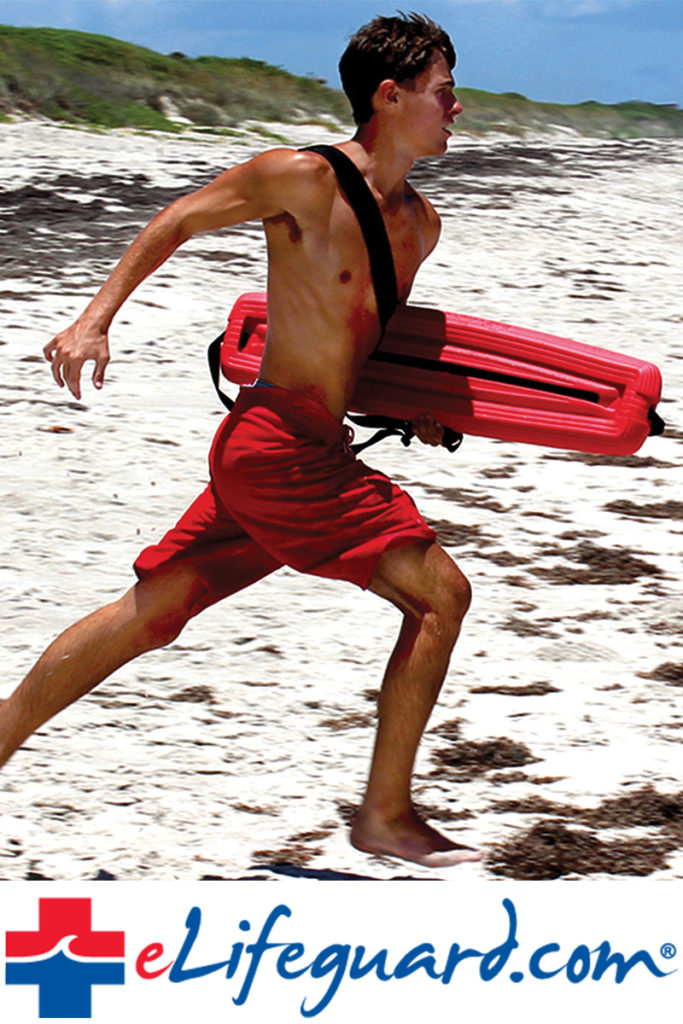What Is Chlorine Rash And How To Deal With It
Swimmers and pool lifeguards know about the dreaded chlorine rash, also known as swimmer’s itch. It’s unpleasant. It’s itchy. It’s irritating. But the good news is: It can be prevented. It just takes a little bit of help. We’ve got you covered.
What causes chlorine rash?
You probably guessed it. Chlorine rash comes from chlorine. It’s often debated how safe chlorine is for humans — because at the end of the day, it’s a chemical. Usually, though, the chlorine we see in pools is a diluted form of pure chlorine. Plus, it’s mixed with a large amount of water. All of this dilution makes it safe for us to swim in chlorinated pools, but it’s still a chemical disinfectant that can cause irritation after repeated exposure to it.
 What happens when you get chlorine rash?
What happens when you get chlorine rash?
Everyone’s body is different. The most common side effects are itching, irritation, and dry or flaky skin. Some swimmers and pool lifeguards also experience chlorine effects in their hair, like dry split ends or discoloration.
How to prevent chlorine rash
Start with a skin barrier. The way chlorine gets into your skin is through penetration. If you proactively block that, you create a barrier that makes it much harder for the chlorine to get into your pores. You can use petroleum jelly, like vaseline, or an ointment like Aquaphor.

How to treat chlorine rash
If you do happen to get chlorine rash, you can rest easy knowing it will usually go away on its own within a week. To speed up the recovery process, you can buy a hydrocortisone cream or after-swim body lotion.
Chlorine rash isn’t fun, but it’s also not the end of the world. Most swimmers and pool lifeguards experience it at some point. The important thing is to get ahead of it with chlorine rash prevention and to treat it with lotion or hydrocortisone.
To be sure that you are not missing out on any of our lifeguard videos & stories, please subscribe to our newsletter here.
For videos, articles, & events about lifeguarding related industry topics, visit www.lifeguardtv.com





